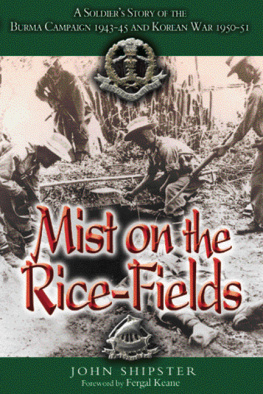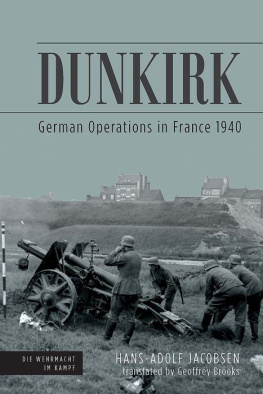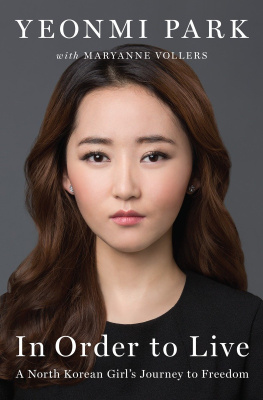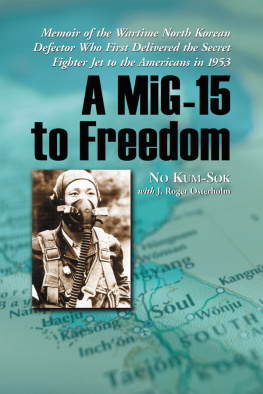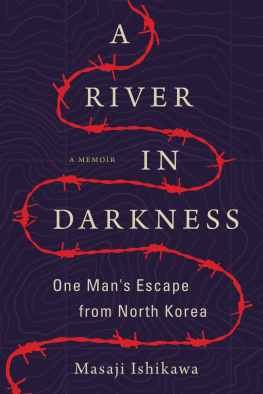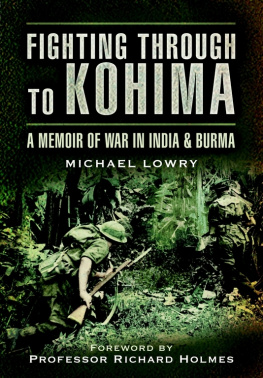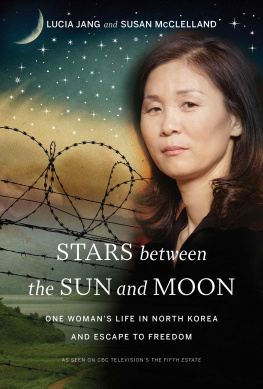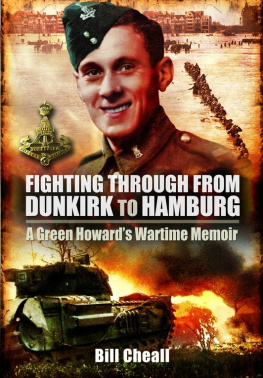BLOWING
OUR
BRIDGES
BLOWING OUR
BRIDGES
The memories of a young officer
who finds himself on the beaches
at Dunkirk, landing at H-Hour
on D-Day and then in Korea
by
Major-General A. E. Younger
First published in Great Britain in 2004 by
Pen & Sword Military
an imprint of
Pen & Sword Books Ltd
47 Church Street
Barnsley
South Yorkshire
S70 2AS
Copyright A. E. Younger, 2004
ISBN 1 84415 051 8
The right of A. E. Younger to be identified as Author of this
Work has been asserted by him in accordance with the
Copyright, Designs and Patents Act 1988.
A CIP catalogue record for this book is
available from the British Library
All rights reserved. No part of this book may be reproduced or
transmitted in any form or by any means, electronic or
mechanical including photocopying, recording or by any
information storage and retrieval system, without permission
from the Publisher in writing.
Typeset in 11/13 Sabon by
Phoenix Typesetting, Auldgirth, Dumfriesshire
Printed and bound in England by
CPI UK
I hope that this military memoir will be of some interest, not only to comrades in arms, but also to civilian readers, young and old. It covers a good deal of ground and offers first-hand impressions of some extraordinary episodes in the history of the British Army, ranging from Dunkirk to Korea. Younger readers may be surprised to find that I say so little about my life before beginning military training, and about my personal life thereafter, although I do refer to my family from time to time! Perhaps this reflects the way in which my generation of officers was brought up: I am now in my mid-eighties, and come from a family for whom soldiering was their calling. My Grandfather was commissioned into the Royal Artillery in 1859 and served in Canada, Ceylon, India and Afghanistan, finishing his career as a full colonel. Both his sons went into the Army, the eldest, my father, being posted to India at the beginning of the twentieth century and returning to fight with the First Indian Division during the Great War. He finished his career as a brigadier. There was no question of my being anything other than a soldier. Nevertheless, the reader might like to know at the outset that I was a pretty normal child, who enjoyed a happy family life, attended boarding school, where I played the usual games, passed the usual exams, and read historical books with particular pleasure, before I became, yes, a soldier.
Twyford, Hampshire
October 2003
The object of this book is to try to paint a picture of what war is like for a junior officer.
Basically, the junior officer must do what he is told to do. He can show some initiative, such as by looking ahead at what may happen and then making preparations that will make the task easier for his men when the time comes to do it. He may, on occasions, even be able to suggest improvements to the plans that his commander has made, but most of the time he must just do what he is told.
His responsibility for those under his command is great. He must ensure that they are properly trained for what lies ahead and, when they are trained, he must make their tasks as easy and as safe as possible.
During quiet periods he must make their lives as interesting, and if possible, as rewarding, as he can. And when, on the other hand, the going is really tough, he must watch over them most carefully.
All this adds up to a very demanding life, but also one that is most fulfilling. The efforts of the junior officer will never hit the headlines, unless something most unusual happens but, nevertheless, his work is essential and most rewarding.
* * *
I dedicate this book to the many friends I made during my service in the Army, and particularly to those who did not survive.
MEMORIES
A summons to war means a summons to strain
With harsh noises, cruel actions and merciless death.
These leave scars etched deep on the cells of the brain,
Scars that time can decrease but never erase.
Now if we stray from the strident racket of life,
Far from great crowds, from cars driving too fast,
We may stand at peace by a lonely stream
With a wren for companion, a fox slinking past.
Then we recall faces of those who were lost;
They smile in our memory, we smile back at them.
There is sadness that they cannot join in our walk,
Cannot laugh with their children, cannot sing, cannot talk.
But ultimate evil requires ultimate war
And were glad we took part, though it touches us still;
And thats why our thoughts will wander afar
As we stand in the evening alone on a hill.
PREPARING FOR
INEVITABLE WAR
I sat the exam to enter the army some time in late 1936 or early 1937. My only real problem in passing this test was in languages, at which I had always been near the bottom in my form at school. In an attempt to overcome this, my father had the idea of sending me to stay during my Easter holidays from school in 1935 and 1936 with a French family in Paris. Today my only memory of the army entrance exam is of having to sit all day, in great trepidation, waiting my turn to take the French oral exam. Since my name started with Y, I was, of course, the last to be called forward. In a bare and cheerless room sat an obvious Frenchman, with a neat black beard. Beckoning me to a chair on the opposite side of the table, he said, in French, Ah, I see you are the last one. You have never visited France, I suppose?
Yes, I have stayed in Paris.
Oh, whereabouts in Paris? showing some interest.
In Neuilly.
Really. What street? showing more interest.
Rue Peronnet, numero dix-neuf bis.
Oh, I know the street well.
He then broke into a long talk about the Bois de Boulogne, which he obviously loved dearly. When he paused for breath, I said Oui and I believe I even dared to say Daccord on one occasion. Finally, he stood up and shook me warmly by the hand, saying how nice it was to meet someone who knew Paris. He gave me one of the highest marks, a level I was not able to match in my written French exam, but enough to carry me through in total.
The Royal Military Academy at Woolwich was a fairly harsh place, but one just buckled down to all the drill, riding and lessons in military tactics as best one could. Looking back, I still find it strange that bullying was thought to be a good way to develop the characters of young officers-to-be. All the officer instructors had been through it themselves, and presumably felt that it had done them no harm, although what good it did them has never been explained. Visiting West Point some 30 years later I was sorry to see that bullying continued to be practised there, and when I asked the Commandant about it, he just replied that it was a long-established tradition.
We were introduced to what lay ahead on our very first day at the Shop, as the RMA was always called. The newly arrived term were gathered together and in walked the Senior Under Officer. He shouted at us at the top of his voice, to take our hands out of our pockets and stand to attention when he spoke to us. All he put over to us was that we were the lowest form of animal life in the army, and dont any of you ever forget it.
The Shop contained three terms of cadets, the senior term, from which the Under Officers were appointed, the middle term and the junior term, known as the Snookers.


